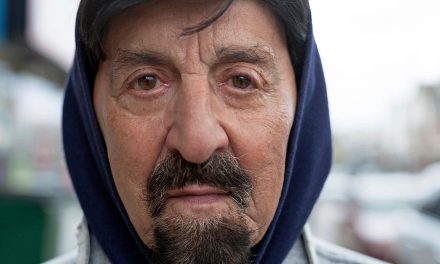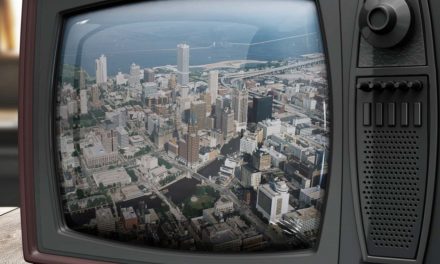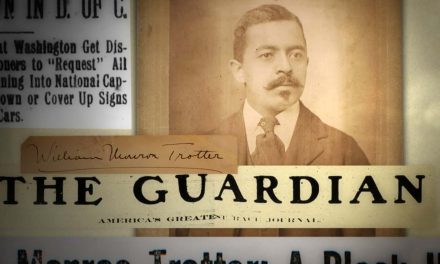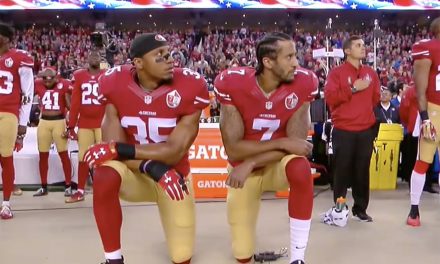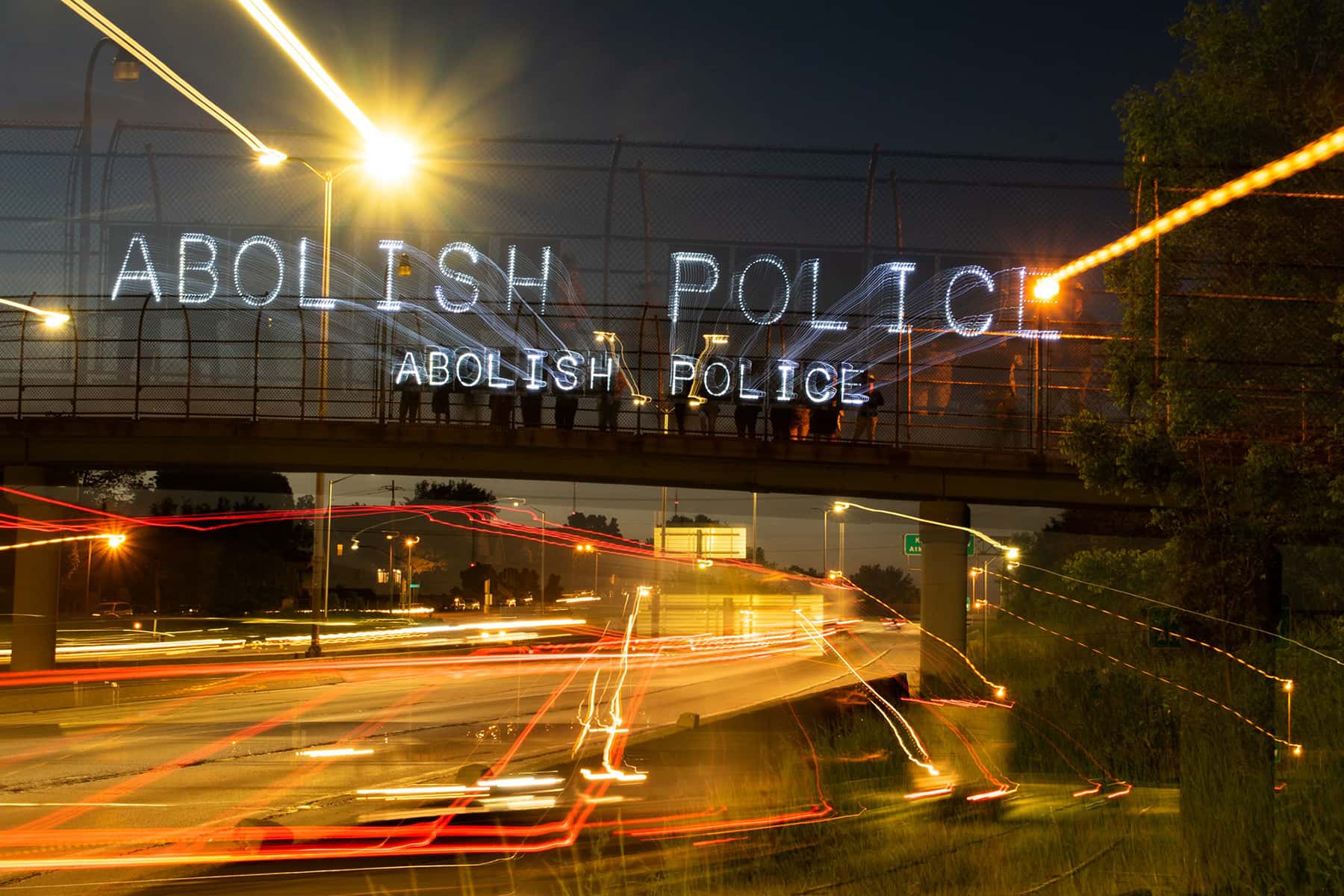
Head of the Milwaukee County Human Rights Commission (MCHRC) released a statement on June 9 condemning recent actions by police, and the behavior of local law enforcement in the violent repression of protestors.
Dr. Robert Smith called upon Milwaukee County officials to go beyond the symbolic language of the recently passed Racial Equity Ordinance, and to utilize every resource at their disposal. He challenged them to take actions so that the wellbeing, the safety, dignity, and the human rights of all of citizens could be fully realized.
As the entity charged with, among other roles, “… advising the appropriate department or division of county government of the proper procedures for preserving the equal rights of persons as guaranteed by the law,” the Milwaukee County Human Rights Commission (MCHRC) expresses it complete lack of confidence in the capacity of law enforcement to protect “…the equal rights of all person in the county.”
The MCHRC acknowledges for decades law enforcement has been culpable in the deaths of Milwaukee County citizens without significant punishment. Shootings by law enforcement, deaths while in the custody of law enforcement, and deaths in correctional facilities have become commonplace across Milwaukee County, as has been the case across the nation.
Indeed, it is the violent actions of law enforcement that have spurred the recent protests and demonstrations locally and nationwide. In response to peaceful demonstrations decrying police violence and murder, law enforcement, at the behest of elected officials, has responded to these protest with extreme repression and more violence. In fact, in our current moment law enforcement – aided by the National Guard – continually meet protestors with aggressive force.
Cities across the country experience sustained protests against police violence amidst the COVID-19 pandemic. As public health experts and healthcare workers in Milwaukee County fight to save lives, Wisconsin’s political leadership has advanced its own brand of state violence. Milwaukee residents were forced to vote in person on April 7, 2020, creating the lowest moment in the nation’s democratic process since the 1960s.
Weeks later, placing economics over human lives, the state legislature and state supreme court collaborated to force the “reopening” of Wisconsin, invalidating the governor’s authority to keep Wisconsinites safe during a public health crisis. And now, state leadership has failed to extend to Milwaukee County the support needed in the battle against COVID-19. Recent federal funding in the fight against the coronavirus directed to Milwaukee County was supposed to total well over $100 million.
Instead, Milwaukee County will receive a paltry $15 million to secure much needed resources for first responders, mental health resources, and healthcare services more broadly. Indeed, the impact of the current pandemic is exacerbating frustrations as our county residents grapple with fear and uncertainty while witnessing friends and family suffer tremendously.
Whether police violence or the disastrous impacts from racialized policies and practices that disproportionately impact people of color, these reflect the more recent injustices that compelled the former County Executive to declare racism a public health crisis in Milwaukee County.
As a result of these systemic abuses, the MCHRC is proud to join with the American Civil Liberties Union (ACLU) and over 600 domestic and international human rights and civil rights groups in urging:
“…the members of the U.N. Human Rights Council to convene a special session of the HRC in order to respond appropriately to this situation of escalating human right abuses with the aim of mandating an independent inquiry into the recent history of racist policing in cities across the country that continues with seeming impunity from the killing of Michael Brown and the repression of protests in Ferguson, Missouri, to the murder of George Floyd. The MCHRC also calls for an investigation into allegations of excessive use of force against peaceful protesters and journalists in the demonstrations in U.S. cities since the murder of George Floyd.”
The Milwaukee County Human Rights Commission is focused on honoring the life and legacies of Milwaukee County residents who have lost their lives, unjustifiably, at the hands of law enforcement. Because righting these wrongs will require sustained commitment in succeeding decades, the Milwaukee County Human Rights Commission firmly endorses the African American Roundtable’s call to action, and hereby join dozens of local institutions in demanding the following:
- Community Investment: A $75 Million Divestment from the Milwaukee Police Department and reinvestment into building healthy communities that can thrive.
- The rights of protestors are respected and no harm comes to them.
- Justice for Joel Acevedo: Officer Mattioli must be immediately terminated from the Milwaukee Police Department for the murder of Mr. Acevedo.
- FPC be the Voice of the Community: The Fire and Police Commission must remain the lead investigator on the internal investigation involving officer Michael Mattioli.
- Accountability to the Community: Common Council President Cavalier Johnson must immediately appoint community members to the Community Collaborative Committee.
- Instead of an Executive Order to Activate the National Guard, the Governor & County Executive should provide safeguards to Black communities during COVID-19 pandemic.
- Housing: Implement a moratorium on evictions, foreclosures, rent, mortgages, and utility disconnections for Milwaukee County residents through the end of 2020.
- Healthcare: Declaration of racism in the State of Wisconsin as a public health crisis. Public and private institutions must be expanded to ensure Milwaukee County Residents have access to affordable health care.
Commissioners:
Robert Smith
Danielle Bailey
Martha Love
Willie Briscoe
Jason Rae
© Photo
Joe Brusky

